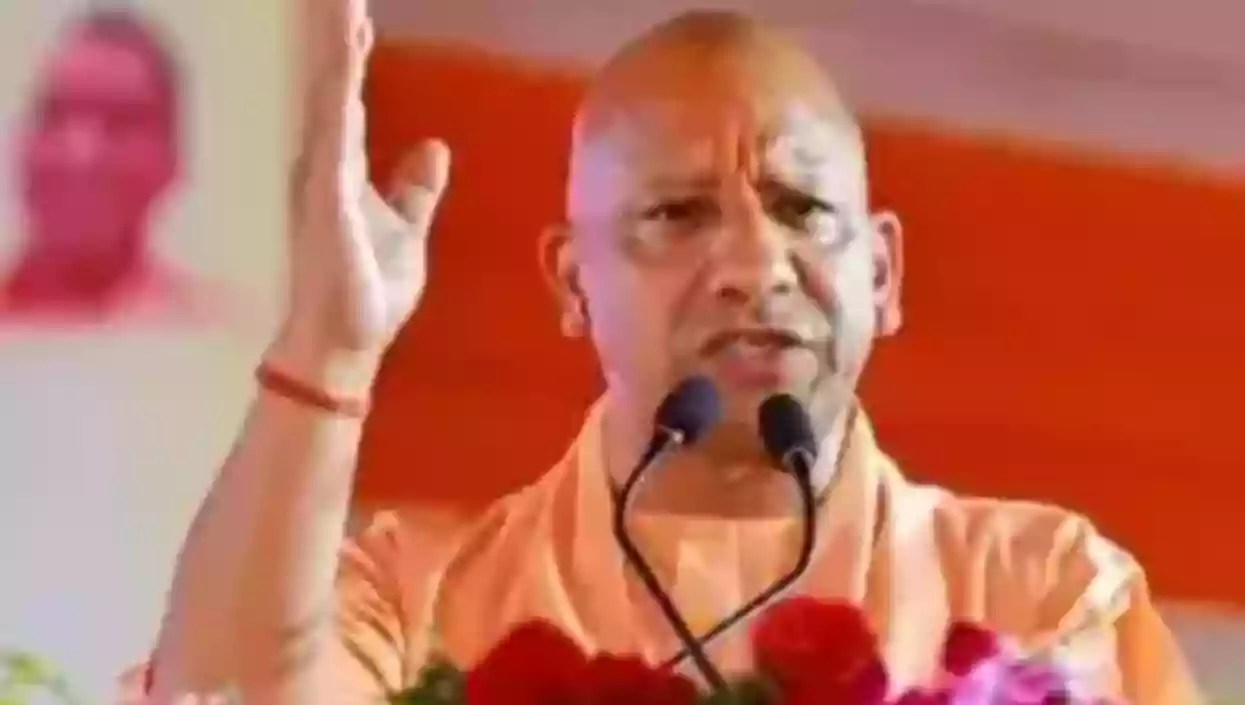.gif)
.gif)

Uttar Pradesh Chief Minister Yogi Adityanath has strongly criticized West Bengal Chief Minister Mamata Banerjee over the recent violence in Murshidabad, which erupted during protests against the Waqf Amendment Act. Speaking at a public event in Hardoi, Uttar Pradesh, Adityanath accused the West Bengal government of failing to address the unrest and of providing a permissive environment for rioters. He alleged that Banerjee's administration has remained silent while the state "burns," and that she refers to rioters as "messengers of peace."
Adityanath asserted that the Trinamool Congress-led government has granted "complete freedom to rioters" under the guise of secularism, enabling them to incite violence. He highlighted the week-long unrest in Murshidabad, questioning the government's apparent inaction. He emphasized the urgent need to bring the "anarchy" under control.
Expressing gratitude to the judiciary, Adityanath acknowledged the Calcutta High Court's directive for the deployment of central security forces in West Bengal. He stated that this intervention was essential to protect minority Hindus in the region.
Furthermore, Adityanath criticized the national opposition parties, including Congress and the Samajwadi Party, for their alleged silence on the Murshidabad violence. He accused them of "shamelessly supporting" the events, drawing a parallel to incidents in Bangladesh.
The violence in Murshidabad stemmed from protests against the Waqf Amendment Act, resulting in fatalities and property damage. The Calcutta High Court's intervention led to the deployment of central forces to restore order. Additionally, clashes between ISF supporters and police in Bhangar further escalated tensions, causing injuries and property destruction. The conflict originated from police efforts to intercept ISF protestors heading to a rally in Kolkata.